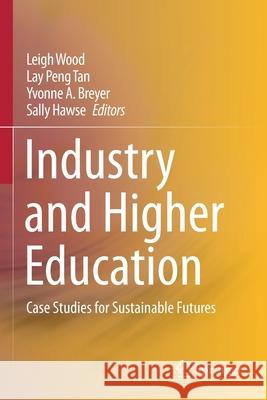Industry and Higher Education: Case Studies for Sustainable Futures » książka
topmenu
Industry and Higher Education: Case Studies for Sustainable Futures
ISBN-13: 9789811508769 / Angielski / Miękka / 2021 / 314 str.
Industry and Higher Education: Case Studies for Sustainable Futures
ISBN-13: 9789811508769 / Angielski / Miękka / 2021 / 314 str.
cena 603,81
(netto: 575,06 VAT: 5%)
Najniższa cena z 30 dni: 578,30
(netto: 575,06 VAT: 5%)
Najniższa cena z 30 dni: 578,30
Termin realizacji zamówienia:
ok. 22 dni roboczych.
ok. 22 dni roboczych.
Darmowa dostawa!
Kategorie:
Kategorie BISAC:
Wydawca:
Springer
Język:
Angielski
ISBN-13:
9789811508769
Rok wydania:
2021
Wydanie:
2020
Ilość stron:
314
Waga:
0.45 kg
Wymiary:
23.39 x 15.6 x 1.73
Oprawa:
Miękka
Wolumenów:
01
Dodatkowe informacje:
Wydanie ilustrowane











